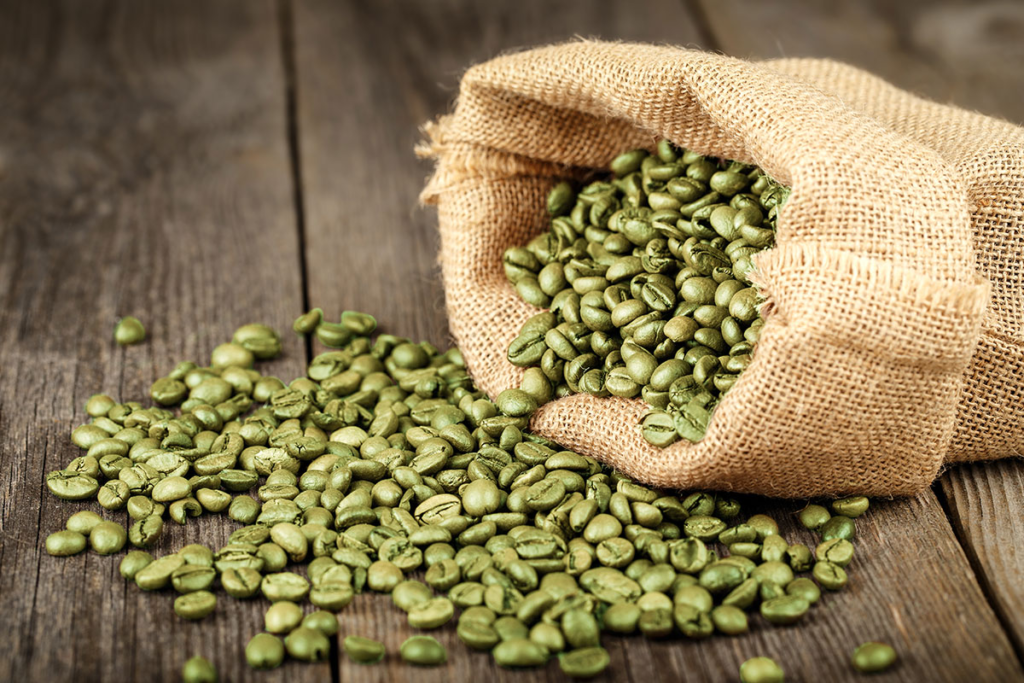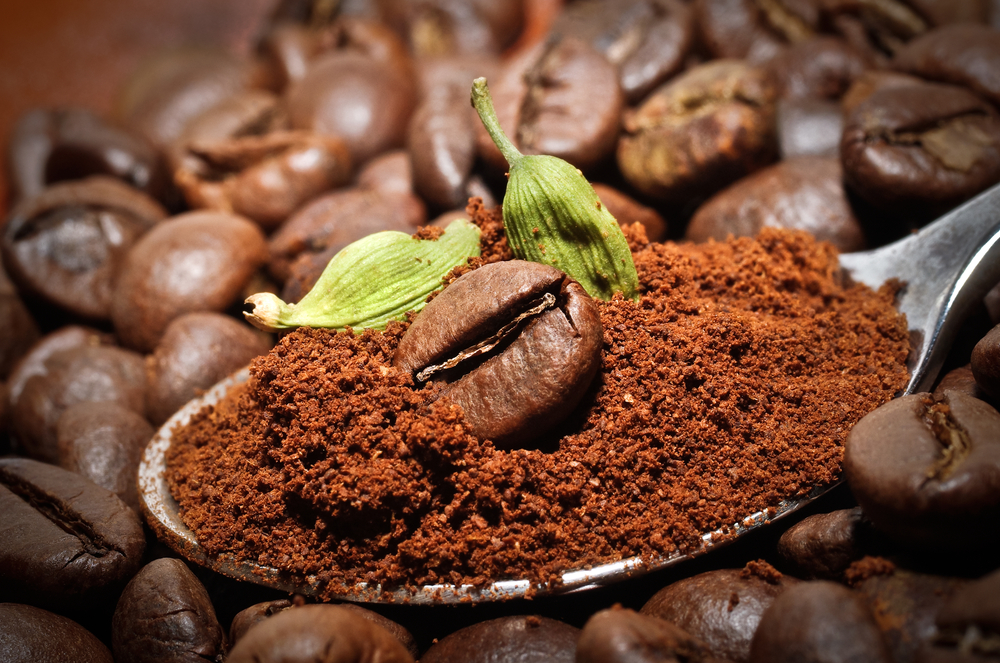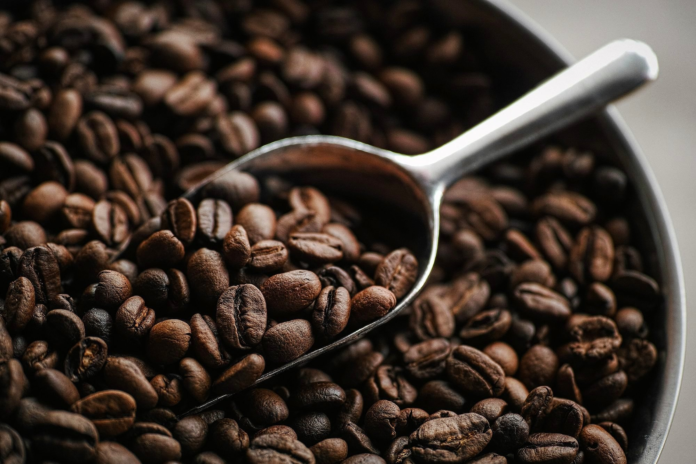It is almost certain that if you’re a dedicated coffee drinker, you’ve already wondered if sipping a cup of coffee feels so incredible, what it must feel like to consume the ultimate source from which coffee is made.
Just coffee beans or something more
Before we go deep into the fundamentals of eating coffee, it’s important to discuss what coffee beans really are. It’s a very known fact that coffee beans aren’t actually beans at all, but they are coffee seeds of the coffee fruit. These seeds lie within the fruit of the coffee, often known as the cherry. The fruit, or the cherry part, is stripped away from the seed, which is dried to get raw green coffee beans during coffee processing. Once the seeds have been parted away from the fruit, they are roasted for a certain amount on a scale ranging from dark to light which gives the coffee beans that we love to consume in different forms. These beans are then brewed and packed for consumer purchasing.
Coffee beans packaging bags
There has always been an idea that there is a slight difference in the taste of coffee every time we take a sip from this beverage. Well, apart from the demographic factors, it is the packaging of the coffee beans that is responsible for this change. Coffee beans packaging bags play a very crucial role as coffee is quite sensitive to exposure to air and other external factors.
Various studies have shown that hermetic bags pack coffee beans significantly better than others for storing green coffee beans. Hermetic packaging bags can not only help to preserve the flavor and the quality of the product but also speed up the coffee production process. This type of packaging will protect the freshness of the coffee as well as won’t let C02 out from the bag of coffee beans.
Storing green coffee beans

Green coffee beans are a great way to enjoy a cup of coffee. They offer full control over the roasting process and allow you to tweak the taste of your coffee. It has been proved in different animal and human studies that green coffee bean extract may reduce blood pressure in people with already high levels.
It is important to maintain a moisture level of about 60% and keep them out of direct contact with the air. If you don’t, you may find your coffee starts to lose its flavor and smell.
Can you eat coffee beans?
We all love the delicious taste of coffee as a drink. But what if I tell you that you could enjoy snacking on your favorite drink? The idea of munching on coffee beans has been around for over a period of 100 years from now. In fact, eating coffee beans was the original method of consuming them. In ancient times, coffee beans were usually mixed with animal fat for consumption.
There is a belief that when you eat coffee beans, you are getting the fully concentrated effects of the nutrients that are present as it has not been diluted with any other substance before consumption.
The high antioxidant content of coffee is thought to be one of the reasons for its health benefits. Coffee is actually high in a group of antioxidants called dietary phenolic compounds. These antioxidants are said to protect us from cardiovascular disease, inflammation, and several other diseases.
Coffee beans are considered to be particularly a good source of antioxidants than other plant-based products. Nutrition-wise, 1 oz of coffee beans contains approximately 13g of carbs, 11g of fiber, and 85g of calories.
How many coffee beans can you eat?
We now know for a fact that coffee beans are safe to eat, but you should be very careful with their consumption. You should avoid stuffing your mouth with handful after handful. As coffee beans contain 6 mg of caffeine each, it is advisable to keep track of your consumption.
Talking about the quantity of coffee beans you can eat comes down to a safe level of caffeine. Although tolerance to caffeine levels varies from individual to individual, 200 mg – 400 mg per day is considered to be safe for adults.
The caffeine content of coffee beans varies depending on the type of bean, the roasting degree, and the preparation method. You may want to moderate your coffee bean consumption if you are consuming caffeine from other foods, drinks, or supplements in order to avoid any unpleasant side effects. An adult can consume up to 30 coffee beans without going over the recommended safe level of caffeine.
That said, when consumed in moderation, coffee beans can prove to be a safe and healthy way for you to get your caffeine fix.
Can you eat roasted coffee beans?
The short answer to this is yes, but in moderation. The taste of coffee beans can vary based on a number of factors. From where they are grown to how they are processed, you can enjoy a wide array of tastes from around the world. Roasted coffee beans may be more enjoyable to eat from a flavor point-of-view, but that really depends on personal preferences and tolerance to caffeine levels.
The roasting process is considered the most significant step as it encourages the woody, nutty, smoky caramel flavors to emerge from the beans. Whole beans have a robust flavor and somewhat gritty texture that will satisfy the taste buds of any coffee enthusiast.
Pros and cons of eating coffee beans:

Pros:
The positives of coffee consumption are widely acknowledged by nutritionists and scientists. Coffee beans are an excellent source of antioxidants. These antioxidants may have benefits in combating inflammation. They are also believed to decrease the risk of certain diseases, including type 2 diabetes. It is also known to have multiple mental health benefits. In some adults, coffee consumption has been linked to improved cognitive function and a decreased risk of depression.
Cons:
Since coffee beans contain antioxidants and caffeine, it is very important to monitor your consumption of coffee as it can lead to a significant impact on your body. It is possible to experience heartburn and an increased heart rate when you eat too many coffee beans. Constant consumption of coffee beans can also cause high cholesterol over time, as it has a laxative effect. You may want to reconsider your consumption of roasted coffee beans. This is if you’re pregnant, breastfeeding, or have any medical history that restricts your caffeine intake.
Caffeine is also linked to sleep problems and daytime exhaustion in people who consume too much or are sensitive to it.
Conclusion:
Consumption of coffee in moderation has been associated with several health benefits and is generally considered safe for most adults. However, it is worth keeping track of your daily coffee consumption to avoid any health-related issues.
AUTHOR BIO:
Raymond Cromwell is a consultant for Packaging Bags, a globally trusted hermetic coffee packaging solutions company. He is always focused on freshness, innovation, and saving the environment by redefining food storage and eco-friendly coffee bags around the world.















